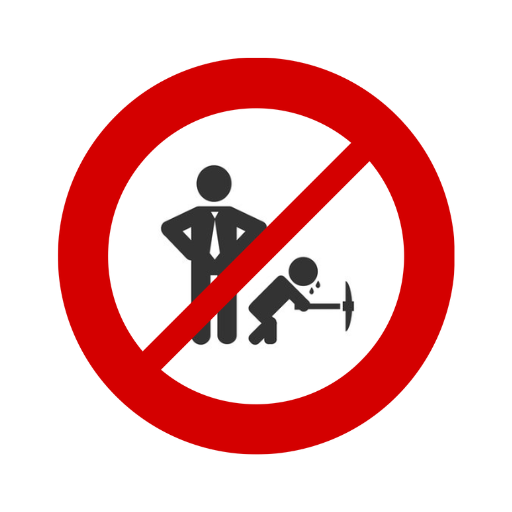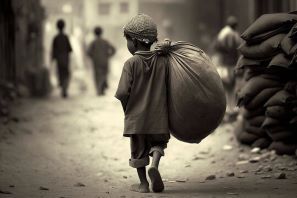

Overview
Because child labor is frequently concealed inside intricate international supply chains, it can be challenging for customers to determine whether the products they buy support this immoral practice. Through acquiring knowledge and making deliberate decisions, consumers may significantly contribute to the fight against child labor.
Affected Industries
Child labor is infamous in sectors like mining, textiles, and agriculture. For example, child labor is common in the industries of cocoa growing in West Africa, mica mining in India, and garment manufacturing in Bangladesh.
Customer Knowledge
It's crucial to spread knowledge about product origins. Customers should investigate brands and their supply chain policies, looking for companies dedicated to moral labor standards. Brands that place a high value on ethical sourcing and transparency include Fairphone and Patagonia.

Labels of Certification
Certification marks such as Rainforest Alliance, GoodWeave, and ethical Trade assist customers in recognizing goods manufactured with ethical labor practices. These marks guarantee that strict requirements are fulfilled, such as the ban on child labor.
Take Action
There are various actions that consumers can take to stop supporting child labor:
Look up and select ethical brands.
Encourage the use of certification labels.
Promote corporate openness.
Inform people of the value of consuming ethically.
Customers may encourage businesses to implement stronger policies and contribute to the removal of child labor from supply chains by making educated decisions.

I'm Krishnagopal.I am the developer of this website